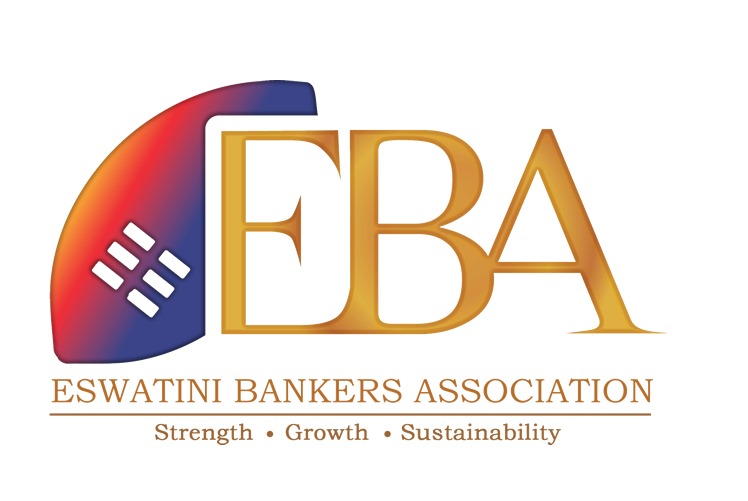
The Regional Coordinator and Senior Policy Advisor at the Southern African Research Foundation for Economic Development (SARFED), Dr. George Choongwa, says that more than 60% of SME financing in Eswatini is sourced from private banks and financial institutions, entities that prioritize profit over financial inclusion.
This statistic is echoed in the Eswatini National Financial Inclusion Strategy (2023–2028), which calls for a radical shift in how the country supports its entrepreneurs.
Choongwa highlighted that small and medium enterprises (SMEs) remain the backbone of Eswatini’s economy, yet their growth potential continues to be constrained by outdated financing models and systemic exclusion.
“While Eswatini’s financial system has made meaningful progress over the years, many SMEs—especially those led by women and youth—still struggle to access affordable capital,” he said. “Government efforts to regulate and intervene in this space, though notable, have yet to fully bridge the chasm between informal entrepreneurs and the formal financial sector.”
Choongwa added that the 2025 Central Bank of Eswatini’s Monetary Policy Statement acknowledges these challenges and highlights the need for a more tailored, country-specific approach to financial inclusion.
“One of its key messages is that financial inclusion must be redefined—not just as access to services, but as access aligned with the needs of marginalized groups, particularly women, youth, and informal sector players,” he said. “Currently, most SMEs depend on informal financing sources such as personal savings, family assistance, trade credits, leasing arrangements, and small microloans.”
Choongwa said that, unfortunately, these options are inconsistent and often constrained by policy and regulatory frameworks that do not reflect the day-to-day realities faced by grassroots entrepreneurs.
“One of the most promising proposals on the table is the development of exceptional financing mechanisms specifically designed for local entrepreneurs,” he said. “These mechanisms could drastically improve both access and competitiveness, enabling SMEs to scale sustainably. However, financial access is not enough—SMEs also need the knowledge to make informed decisions. For this reason, scaled-up financial literacy programs have become a parallel priority.”

Furthermore, Choongwa added that climate-smart financing has emerged as a strategic opportunity for Eswatini’s development path.
“With approximately 70% of the population residing in rural areas, many of whom are directly affected by shifting weather patterns and resource scarcity, there is an urgent need for funding models that prioritize climate adaptation and resilience. Encouraging rural entrepreneurs to embrace sustainable practices will not only mitigate climate risks but also open up new, environmentally conscious markets,” he said.
